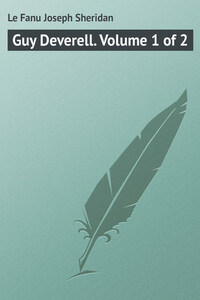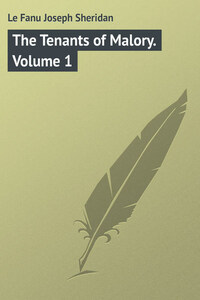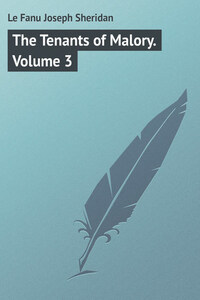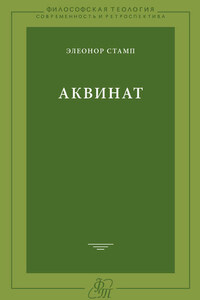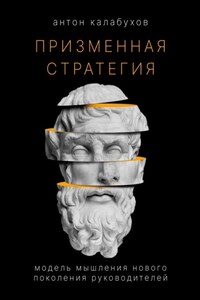Most of the tales in this volume were written prior to the publication of “Uncle Silas,” which is, perhaps, the novel by which my father is best known. All the stories, with the exception of “The Watcher,” were included in “The Purcell Papers,” edited by Mr. Alfred Perceval Graves after my father’s death, and published by Messrs. Bentley.
It may be of interest to point out that the central idea in the story entitled “Passage in the Secret History of an Irish Countess” is embodied in “Uncle Silas.”
When “The Purcell Papers” were appearing in The Dublin University Magazine my father supplied the following note, which was reproduced by Mr. Graves in his edition of the book: —
“The residuary legatee of the late Francis Purcell, who has the honour of selecting such of his lamented old friend’s manuscripts as may appear fit for publication, in order that the lore which they contain may reach the world before scepticism and utility have robbed our species of the precious gift of credulity, and scornfully kicked before them, or trampled into annihilation those harmless fragments of picturesque superstition which it is our object to preserve, has been subjected to the charge of dealing too largely in the marvellous; and it has been half insinuated that such is his love for diablerie, that he is content to wander a mile out of his way in order to meet a fiend or a goblin, and thus to sacrifice all regard for truth and accuracy to the idle hope of affrighting the imagination, and thus pandering to the bad taste of his reader. He begs leave, then, to take this opportunity of asserting his perfect innocence of all the crimes laid to his charge, and to assure his reader that he never pandered to his bad taste, nor went one inch out of his way to introduce witch, fairy, devil, ghost, or any other of the grim fraternity of the redoubted Raw-head-and-bloody-bones. His province touching these tales has been attended with no difficulty and little responsibility; indeed, he is accountable for nothing more than an alteration in the names of persons mentioned therein, when such a step seemed necessary, and for an occasional note, whenever he conceived it possible innocently to edge in a word. These tales have been written down by the Rev. Francis Purcell, P.P., of Drumcoolagh; and in all the instances, which are many, in which the present writer has had an opportunity of comparing the manuscript of his departed friend with the actual traditions current amongst the families whose fortunes they pretend to illustrate, he has uniformly found that whatever of supernatural occurred in the story, so far from being exaggerated by him, had been rather softened down, and, wherever it could be attempted, accounted for.”
Brinsley Le Fanu.
London,
November, 1894.
It is now more than fifty years since the occurrences which I am about to relate caused a strange sensation in the gay society of Dublin. The fashionable world, however, is no recorder of traditions; the memory of selfishness seldom reaches far; and the events which occasionally disturb the polite monotony of its pleasant and heartless progress, however stamped with the characters of misery and horror, scarcely outlive the gossip of a season, and (except, perhaps, in the remembrance of a few more directly interested in the consequences of the catastrophe) are in a little time lost to the recollection of all. The appetite for scandal, or for horror, has been sated; the incident can yield no more of interest or novelty; curiosity, frustrated by impenetrable mystery, gives over the pursuit in despair; the tale has ceased to be new, grows stale and flat; and so, in a few years, inquiry subsides into indifference.
Somewhere about the year 1794, the younger brother of a certain baronet, whom I shall call Sir James Barton, returned to Dublin. He had served in the navy with some distinction, having commanded one of his Majesty’s frigates during the greater part of the American war. Captain Barton was now apparently some two or three-and-forty years of age. He was an intelligent and agreeable companion, when he chose it, though generally reserved, and occasionally even moody. In society, however, he deported himself as a man of the world and a gentleman. He had not contracted any of the noisy brusqueness sometimes acquired at sea; on the contrary, his manners were remarkably easy, quiet, and even polished. He was in person about the middle size, and somewhat strongly formed; his countenance was marked with the lines of thought, and on the whole wore an expression of gravity and even of melancholy. Being, however, as we have said, a man of perfect breeding, as well as of affluent circumstances and good family, he had, of course, ready access to the best society of the metropolis, without the necessity of any other credentials. In his personal habits Captain Barton was economical. He occupied lodgings in one of the then fashionable streets in the south side of the town, kept but one horse and one servant, and though a reputed free-thinker, he lived an orderly and moral life, indulging neither in gaming, drinking, nor any other vicious pursuit, living very much to himself, without forming any intimacies, or choosing any companions, and appearing to mix in gay society rather for the sake of its bustle and distraction, than for any opportunities which it offered of interchanging either thoughts or feelings with its votaries. Barton was therefore pronounced a saving, prudent, unsocial sort of a fellow, who bid fair to maintain his celibacy alike against stratagem and assault, and was likely to live to a good old age, die rich and leave his money to a hospital.


